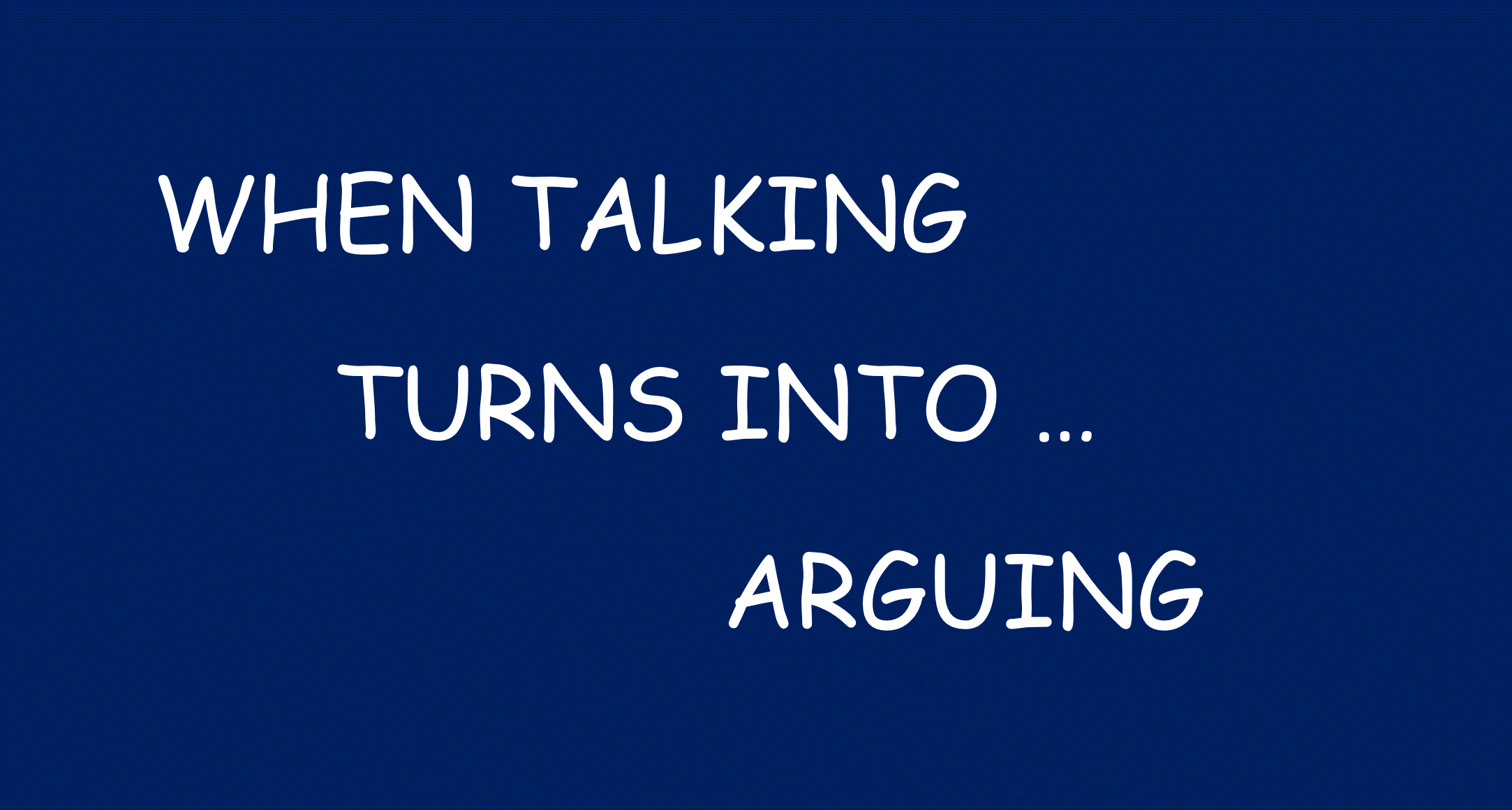
You probably know that communications is a big deal in couples therapy. Although not # 1, numerous surveys have found that, along with money and sex, poor communications is one of the most common reasons that couples seek counseling.
Indeed, many partners report that talking to one another is so bad that they have completely given up on even trying to discuss problems. That’s because what starts out as a simple conversation often winds up as an unpleasant argument.
Today I will show you why you need to 1) Stop using You Statements, 2) Start using You-Statments and 3) Begin using a Marital Journal will help you to dramatically transform your intimate communcateions.
— YOU STATEMENTS
When a couples disagree, anger can flair and reason flies out the window. Instead of discussing a problem calmly and logically, mates can react by either becoming agressive or shutting down. In either case, a fight or flight reaction blocks effective communication.
Arguments are a form of the fight response and usually result in the use of You Statements . A you-statement is a form of blaming or externalizing responsibility for a problem which often involves raised voices, insults and name-calling.
For example, imagine a situation wherein one spouse agreed to to meet the other spouse at 5:00 but, without calling to give a heads-up, s/he didn’t arrive until 5:45. The frustrated person who has been waiting, of course, will have intense emotions which may include anger.
Often, as you may guess, you-statements may follow. Comments, such as, (screaming) “Where were you ?” “You idiot” or worse are commonl .
The problem with you-statements is that they are received as personal attacks which, in turn, either provoke a counter-attack or a withdrawal reaction. In either case, no positive communication occurs because listening and trying to understand has ceased. Keys to Effective Communication in Marriage – First Things First
— I-STATEMENTS
Fortunately, it doesn’t have to be this way. I-statements are a way couples can learn to express themselves without triggering their partner. In stead of focusing on the other person or their behavior, I-statements focus on the experience of the one who’s speaking. They express 1) What the person is feeling and 2) What the persojn wants.
In contrast to blaming or name-calling, an I-statement response to the frustrating circumstance described above might go something like: “When you didn’t show-up I felt very angry and/or I was scared that something happened to you. I didn’t know what happened ? Could you please explain ?”
While I statements can express anger, they do it in a way that is not an attack. Since it is not an attack, it can be heard. When the other person is able to hear what is said, communication is not broken.
— MARITAL JOURNALIING
It’s true that learning how to speak with I-statements is not conceptually difficult. However, puting it into action is more more easily said than done. It takes practice.
Also, because a previous bad experiences , a couple may be cautious about talking directly to one another. For some, just starting a conversation involving a conflict may trigger an argument for a couple. In these situations, writing rather than talking may be a good way to introduce I-statement communication skills. Marital Journaling: How to Improve Communications between Emotionally Reactive Couples. | Pastoral Counseling Syracuse NY (revmichaelheath.com)
The hardest part of marital journaling is that it takes effort and extra work. Marital journaling involves writing in a personal journal before sending a message in the marital journal. Primary process journaling is an exercise where people can express and process their raw feelings and thoughts without causing problems in the relationship.THREE KEYS TO EFFECTIVE PERSONAL JOURNALING. | Pastoral Counseling Syracuse NY (revmichaelheath.com)
The purpose of personal journaling is to provide a place for the person to hit the reset button, calm down and wring the negative emotions out of their thoughts. When calm, they can then communicate logically and respectfully with their partner.
Couples report that, when they talk reasonably with one another, they are pleasantly surprised how much better things go. Good communications not only reduce arguments but also allow couples to be creative and find compromises and solutions to even the most difficult problems.
If you find it difficult to converse with your spouse or partner, don’t give up. With a little practice, you’ll get the hang of it. When you do, you will notice that switching from using You-statements to I-statements will make make a big difference.
Rev. Michael Heath, LMHC. Fellow AAPC 8/15/2023


